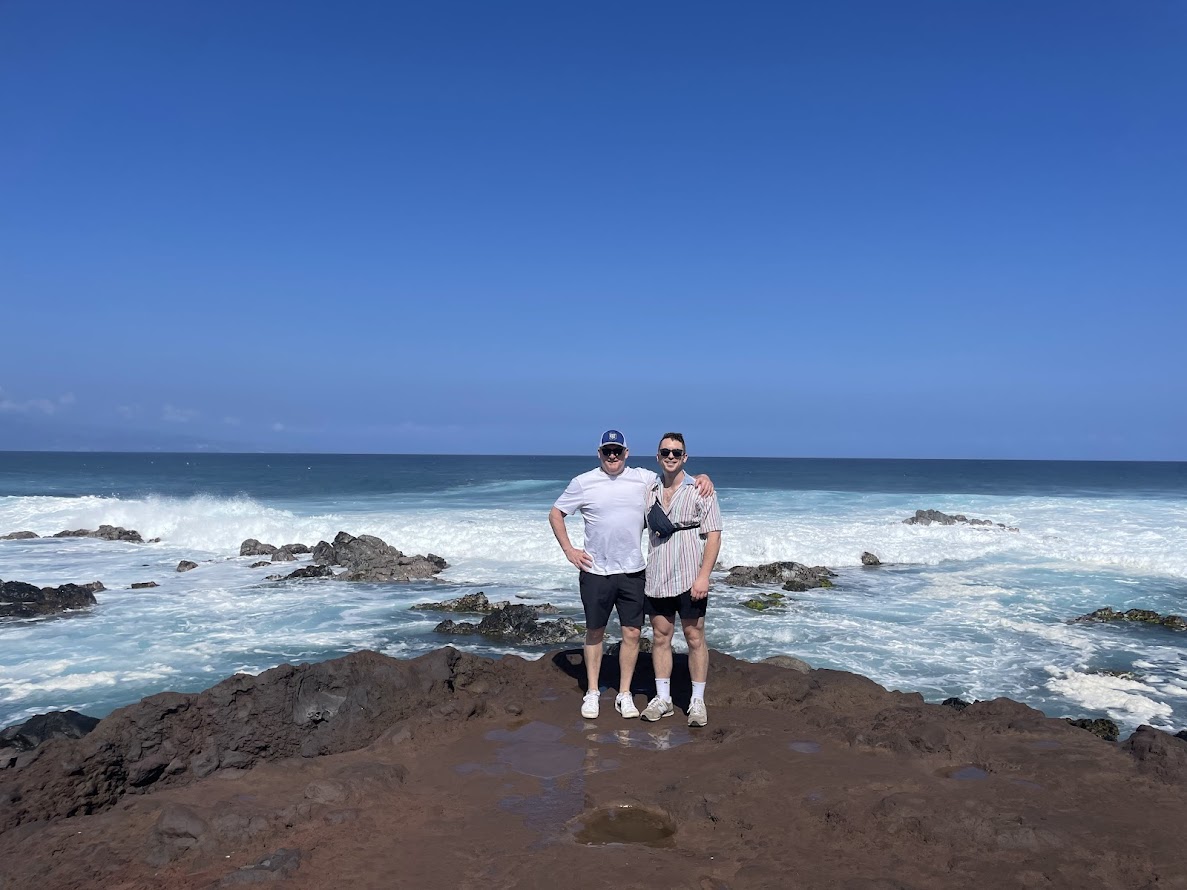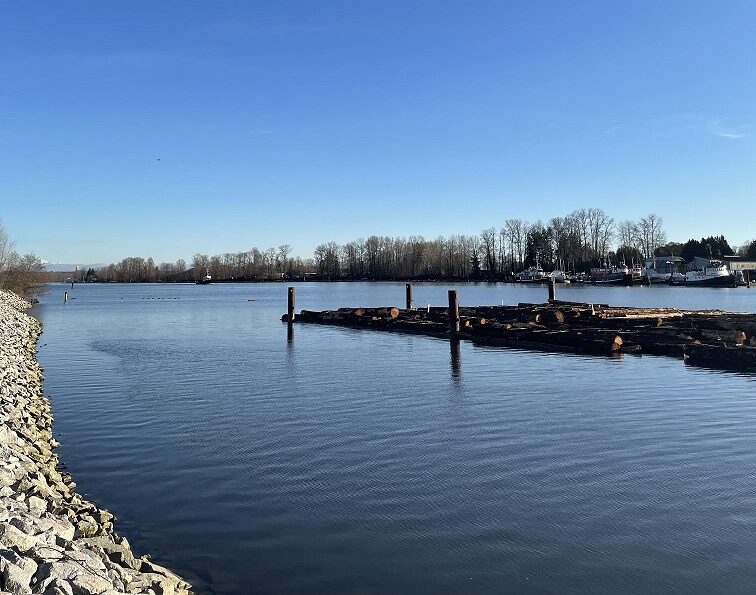As mentioned throughout Going the Distance, for some time I believed I was a failure. Whenever discussions with people distantly approached my education, I would put up defences. I was very strategic, intentionally leaving out information or working around conversations to avoid mentioning my past failures. I understood that it really wasn’t anyone’s business and knew I didn’t owe anyone an explanation. It is our right to withhold or postpone sharing these profoundly personal events until the appropriate time, place, or with the right person. Truthfully, I didn’t want to share because I was very ashamed and embarrassed of myself as I knew I had messed up such a good opportunity. Being as tough as I am on myself, I was still learning how to cope with my own feelings about what happened. That is hard enough as it is without even adding my fear of others judging me. The thought of mentioning that disastrous moment scared me, almost like mentioning it would make it happen again. I knew it wasn’t healthy keeping all this bottled up inside so I decided I had to learn to open up, take responsibility, and move forward.
Having a strong, trusted circle is one of the most beneficial things you can have in your life. Not only by having people to confide in, but knowing that you have people in your corner who want the best for you. This circle doesn’t have to be big. What I have learned relatively recently actually is that a few, strong friendships are way more special than many typical ones. This is a topic for another day but focusing your time on developing and enjoying these stronger relationships is probably one of the best investments you can make. I was fortunate to have had this group of people who encouraged me through these tough times. There was a slight weight lifted off my shoulders knowing that I had people who understood what I had gone through and how it made me feel. I maintain high expectations of myself to this day, which at times has created lots of pressure. Opening up to my trusted people relieved some of this pressure, allowing me to breathe a bit easier. In addition, I was reminded as I shared my failure that there really was no expectation from anyone else on what I was supposed to be or do. There was a lot to be done and some very important decisions had to be made shortly, fortunately, I wasn’t as alone as I had thought when I failed.
Author

PATRICK SMYTHE
Project Manager
Civil Engineer
Motivated
Storyteller
Big Time Dreamer
Subscribe and follow
Stay Connected with all new Going The Distance updates, posts, adventures, and more.
Contact
Although it still felt fresh, I slowly told a few more people. It felt nice being able to not keep it bottled in anymore. Admittedly, I sometimes softened the blow for myself by explaining the difficulty of the situation and how I just couldn’t get ahead. While this was true, I don’t like making excuses. The experience was a reality check, a painful lesson was learned which I still was processing. I knew I would continue to protect myself from my embarrassment or judgement from others that I imagined until I figured out what I was going to do next. This is no easy feat, and most often takes a long time. It is especially difficult when people asked, “What are you going to do now?”. There is no worse question than that, absolutely nothing. I equate that question to a kick down under, leaving me feeling empty and winded. The constant reminder of your future being in limbo, lacking any real direction was painful. On top of that, it’s especially difficult when you see others going along with their plan seemingly. How can I possibly think about what I was going to do next when I still haven’t completely recognized where I am at? How do I move forward from this failure when becoming a Civil Engineer was literally the career I dreamt of pursuing since I was in elementary school? How could I let this happen? I felt pushed into a very tight corner, swamped by these questions which were overwhelming my thoughts. I was beyond frustrated with myself for having to make this decision in the first place but revisiting history was pointless, I knew what I had to do. If I were to give up so easily, what kind of precedent would that set for the rest of my life? Knowing me, any mention of “engineer” would just remind me how I didn’t have what it took to be one. I wasn’t prepared to live with that.
Spoiler alert if you haven’t read some of my other articles, I did graduate from Civil Engineering. The years have flown by since graduating, I have been working full-time for 3-years now, currently a Senior Project Coordinator and Engineer-in-Training. Achieving that goal was incredible but it wasn’t the main takeaway from my undergraduate experience. My main takeaway was the fact that I didn’t give up on my dream. If I had, I don’t think I would’ve ever gotten over failing. To this day I would probably still try to protect myself from that embarrassment, but instead, I wear that experience proudly. Opening up about what I had gone through initiated the process for me to move on toward a solution. Not only did it help to have the support of others, but it allowed me to accept what happened. Lingering on our failures robs us of the opportunity to overcome them. If we lock away our experiences and emotions towards them, I believe we’d be giving up on what we can become. I continue to use this experience as a reminder when I am introduced to failure. Remember, failing isn’t the end of our story, just the start of our success.




